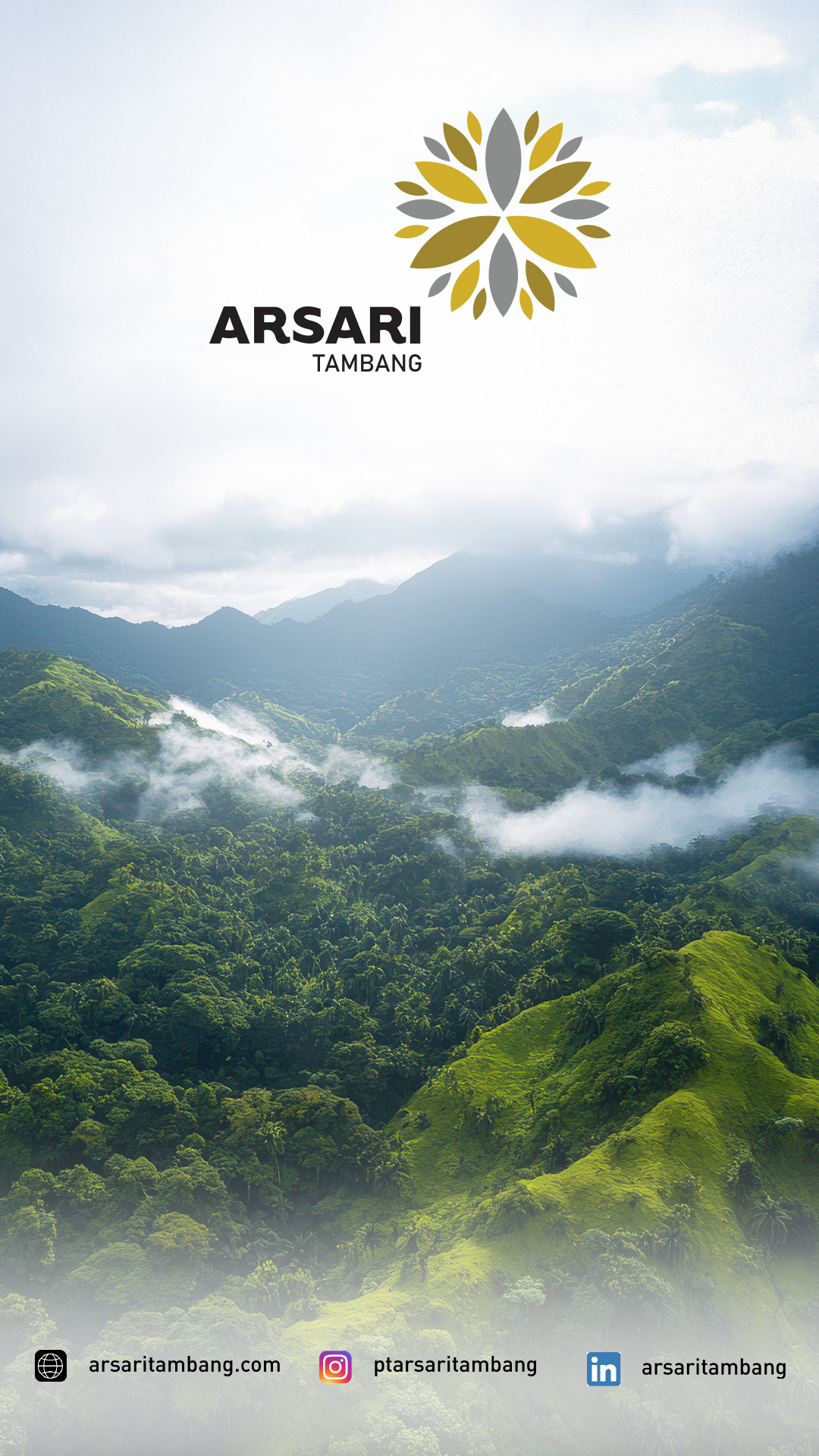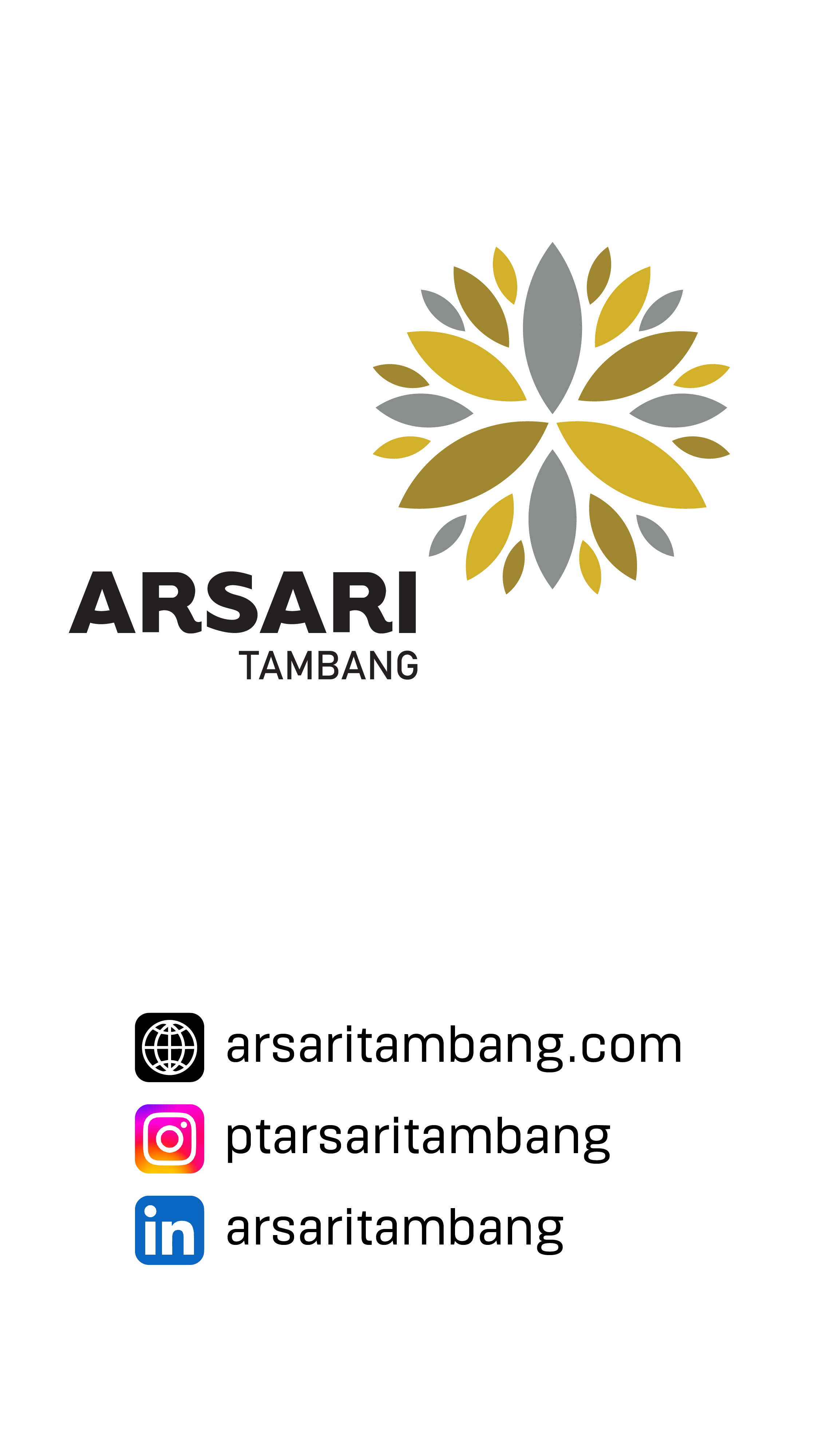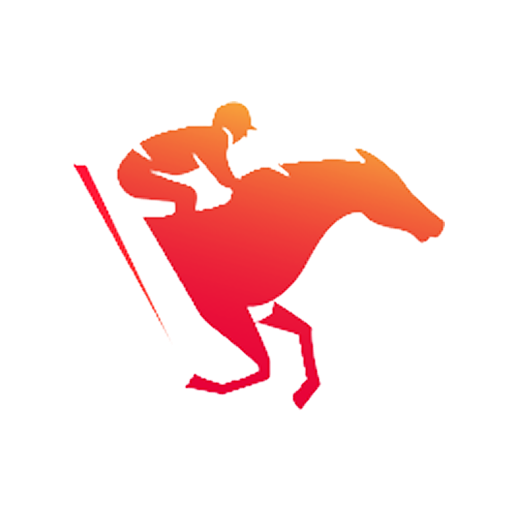





SARGA.CO – West Java is known not only for the Legok Jawa racecourse. The Pasundan land also holds a long history of horseback traditions dating back to baheula—an old Sundanese term for “long ago.” One such horse-racing tradition has long thrived in Tanjungsari, a district in Sumedang, West Java, famous for its tofu delicacies.
This tradition gained new life with the Cibogo Weekend Race Horse Championship, held in 2022 at the Cibogo Racecourse in Raharja Village, Tanjungsari District.
According to Sumedangkab.go.id, Raharja Village Head Kusnadi said at the time that the event created opportunities for the local community to boost their economy.
Sumedang’s history with horses runs deep. In the past, horses served as a vital means of transport and warfare. Beyond transportation, they became an inseparable part of the local culture.
This region is also home to Kuda Renggong, a traditional equestrian performance art that began with a boy named Sipan from Ciburubuk Hamlet, Buah Dua Subdistrict, Sumedang.


From a young age, Sipan closely observed horses, paying attention to their head and leg movements. These observations inspired the unique dance-like motions that evolved into the Kuda Renggong art form.
Kuda Renggong continued to flourish in Sumedang and became an annual attraction held every 29 September.
The horse-racing tradition dates back to the Dutch East Indies period. At that time, Sumedang Regent Prince Aria Soeria Atmadja imported top-quality horses from Sumbawa to improve race standards. He even donated a large plot of land in Kota Kaler Village, later known as Pangaduan Heubeul (Old Racetrack).
From there, Tanjungsari horse racing developed into a beloved public spectacle. During the 1960s and 1970s, the arena was always crowded with residents and community leaders who gathered for the races.


The races were more than entertainment; they became a marketplace for horse trading. A horse’s value could soar after a strong and striking performance.
Owners competed to care for and train their horses, while young jockeys were molded to be brave, agile, and resilient. Many talented jockeys who later gained recognition started their careers on this very track.
Tanjungsari horse racing also carries personal stories. One memorable tale is of jockey Enu Suharja, who met his future wife, Entin, at a race in Tegalega, Bandung. As reported by Detik.com, their meeting blossomed into love and marriage in 1975.
After a pause during the pandemic, the tradition has revived. Each event now attracts hundreds of horses from across West Java. Races are typically run over distances of 600, 800, and 1,000 meters.
Today, Tanjungsari horse racing confronts new challenges. Modernization and shifting public interests mean the tradition needs stronger efforts to remain vibrant.
Horse-lover communities, local government, and residents are working to preserve the races as a living cultural heritage.
These efforts were evident when West Java Vice Governor Erwan Setiawan officially opened the Cibogo Horse Festival 2025 on 28 June 2025.
According to ppid.jabarprov.go.id, Vice Governor Erwan noted that the Cibogo Racecourse has great potential for development, not only for provincial competitions but also at the national level.
To support this, the West Java Provincial Government announced plans to upgrade all supporting infrastructure. In the 2026 Revised Regional Budget (APBD Perubahan 2026), the government aims to fund road widening and improved access to the racecourse.

With these upgrades, the Cibogo Racecourse is expected to become one of the venues for the West Java Provincial Sports Week (Porprov) 2025, scheduled for November 2025.






















































Install SARGA.CO News
sarga.co